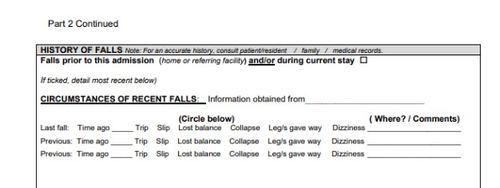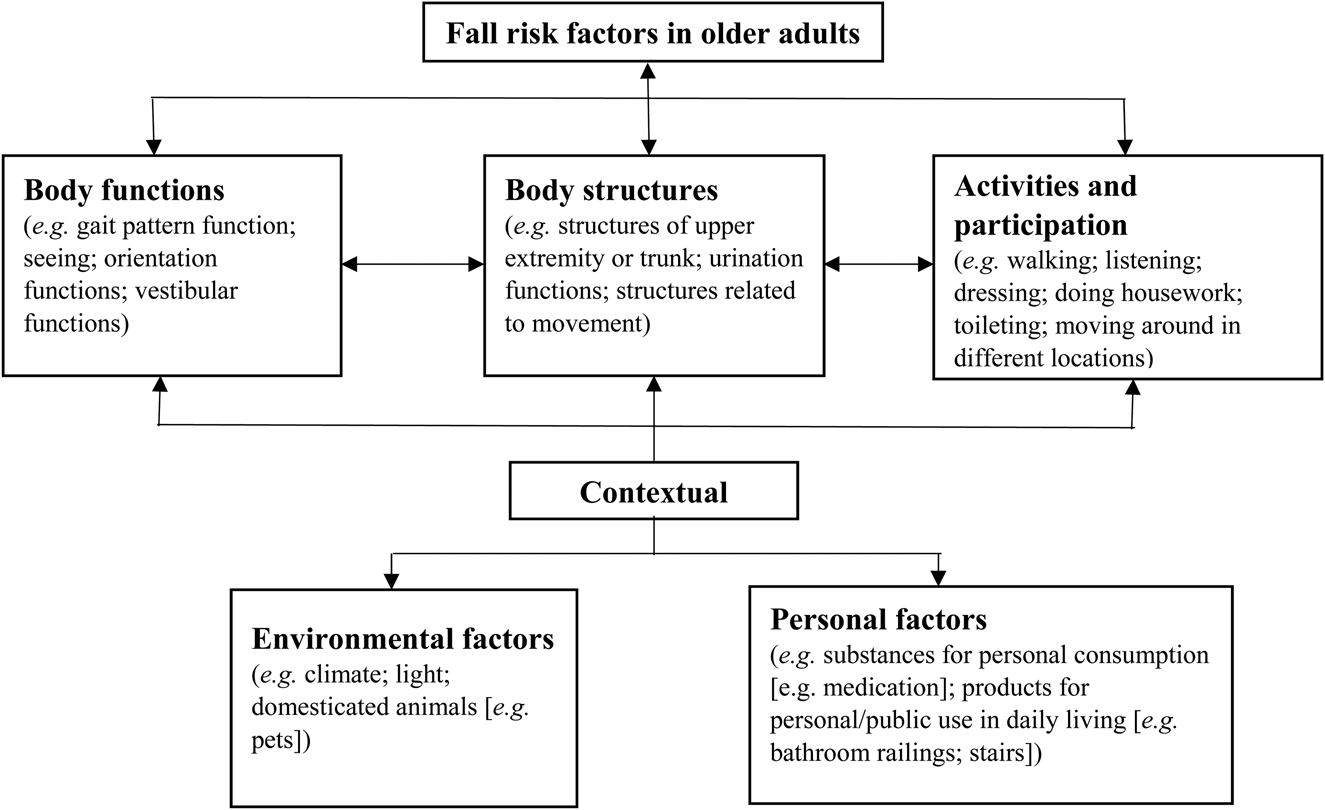All About Dementia Fall Risk
The Only Guide for Dementia Fall Risk
Table of ContentsDementia Fall Risk for BeginnersHow Dementia Fall Risk can Save You Time, Stress, and Money.The Best Guide To Dementia Fall RiskThe Best Strategy To Use For Dementia Fall RiskThe Ultimate Guide To Dementia Fall Risk
Nonetheless, based on indicators and signs and symptoms, such as evidence of head injury or a new focal neurologic shortage, computed tomography or MRI of the mind might be suggested - Dementia Fall Risk. An evaluation for sources of syncope should be performed just if there is solid suspicion, as when it comes to recurring, unexplained falls
Health care providers make use of an autumn danger analysis to recognize your risk variables for falling and make practical recommendations. An autumn risk evaluation is crucial due to the fact that recognizing which factors boost your opportunities of dropping aids you: Decrease your risk of falling or hurting yourself.
All adults 65 years and older need to have a first loss danger screening. Have actually fallen in the past year. Worry concerning dropping.
Dementia Fall Risk - An Overview

Discover this detailed nursing care strategy and management guide to efficiently stop danger for falls among patients. Get vital expertise about the nursing analysis, nursing medical diagnosis, and objectives particularly tailored to individuals that are at danger for drops. A is defined as an occasion that causes a person coming to rest inadvertently on the ground or flooring or various other lower level (WHO, 2021).
Falling is the second leading cause of death from unintentional injuries around the world. It is estimated that loss fatality prices in the United state
Not known Details About Dementia Fall Risk
If this rate proceeds, the CDC prepares for 7 loss fatalities every hour by 2030.
Yearly, over 800,000 people are hospitalized as a result of falls. Nurses play a significant duty in stopping succumbs to their clients via education and learning, examining autumn threat, developing much safer atmospheres, and providing interventions in stopping injuries from falls. Several risk aspects and problems add to falls, including the following:. Aged 65 years and older; reduced limb prosthesis; usage of assistive gadgets such as walker, crane, and mobility device; living alone.
Falls are due to a number of factors, and an alternative technique to the individual and setting is essential. Mean an individual is considered at high threat for drops after the testing.
Dementia Fall Risk Things To Know Before You Get This
A needs utilizing a confirmed tool that researchers have actually taken a look at to be valuable in naming the reasons of drops in an individual. The level of loss risk can be determined making use of the analysis of innate and extrinsic elements.
Individuals are more probable to fall again if they have maintained websites several falls in the previous 6 months. The older population is at raised danger of fall-related readmissions based on a research study determining the elements predictive of Go Here repeat drops associated outcomes (Prabhakaran et al., read 2020). Persons with damaged understanding and disorientation might not comprehend where they are or what to do to aid themselves.
The capability of people to shield themselves from drops is affected by such elements as age and growth. Older people with weak muscle mass are a lot more most likely to drop than those that keep muscle mass strength, adaptability, and endurance.
The Greatest Guide To Dementia Fall Risk
Much less comparison level of sensitivity was rather connected with both boosted rates of drops and other injuries, while decreased visual skill was just associated with increased fall price (Wood et al., 2011). Sensory perception of environmental stimuli is paramount to safety and security. Vision and listening to disability limitation the client's ability to regard dangers in the environments.
Older grownups who have inadequate balance or difficulty strolling are a lot more likely to fall., or various other clinical conditions and therapies., and usage of psychotropic medicines (Stanmore et al., 2013).